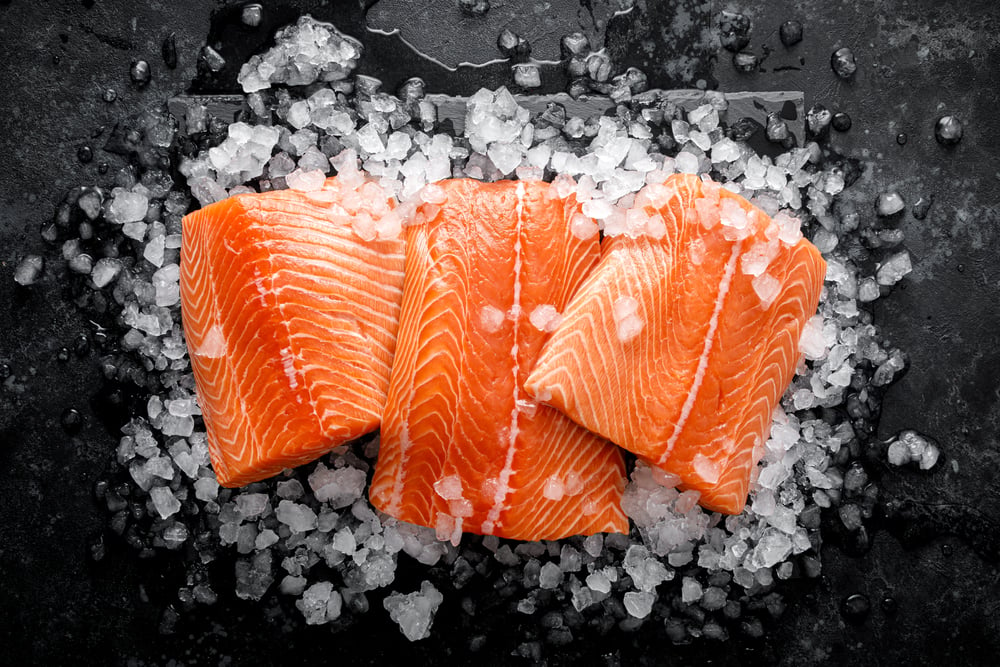Salmon is one of the healthiest forms of protein you can consume. Whether it’s being poached in butter, steamed with greens or raw in a poke bowl, it’s also an incredibly versatile food. Still, there are lots of myths and misconceptions surrounding this pink-hued, flavorful fish. Here are all the myths you need to stop believing about salmon.
1. It tastes fishy
If you’re having this issue, cook your fish via sous vide, which is gentler than baking or grilling. When salmon is overcooked, it can take on those fishy flavors and smells that might be deterring you from eating this seafood.
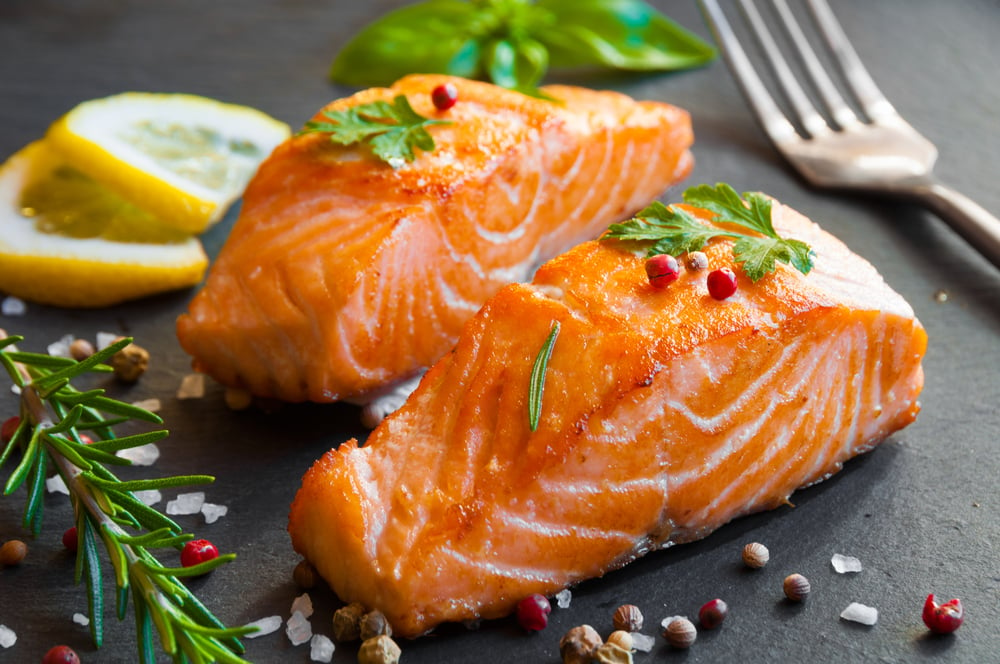
2. The color dictates how healthy it will be
Some forms of salmon have color and food dyes added based on the fact that dark-colored salmon with that rich, red hue sells better. However, salmon isn’t naturally dark red all the time — even healthy varieties can be naturally gray. So for this reason, the color of your salmon doesn’t dictate the nutrition within.
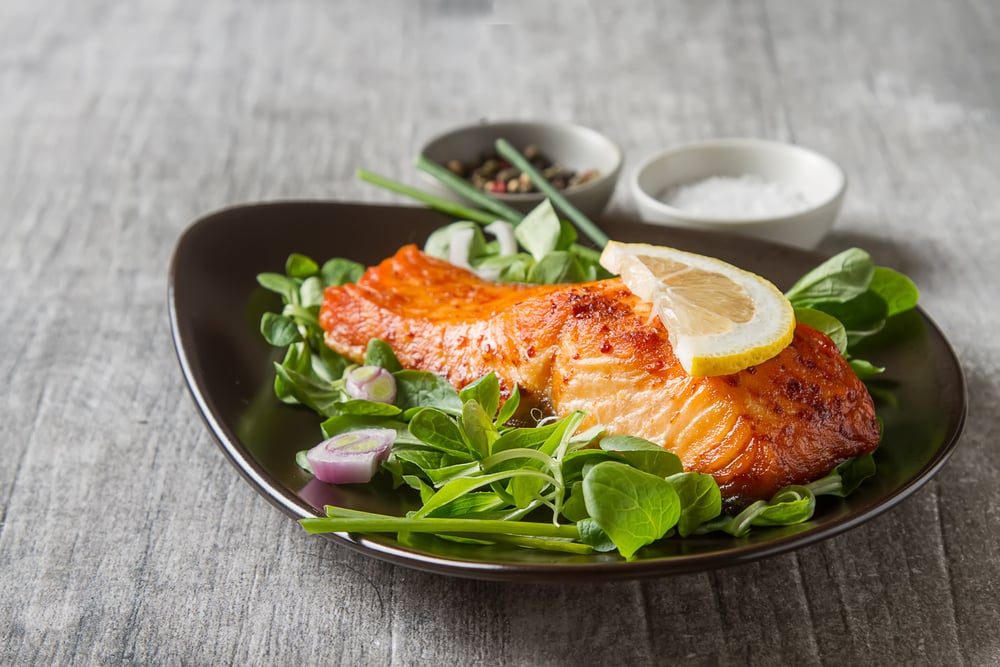
3. Salmon needs to be flaky
How many people have told you that when salmon is fully cooked, it easily flakes? In reality, salmon doesn’t always cook evenly. It’s often thicker in some parts (the pectoral fins) and thinner in others (the tail) which means that even if your salmon’s tail end is cooked, the middle still may contain raw meat. Use a digital food thermometer to ensure that the thickest part of your salmon is fully cooked.
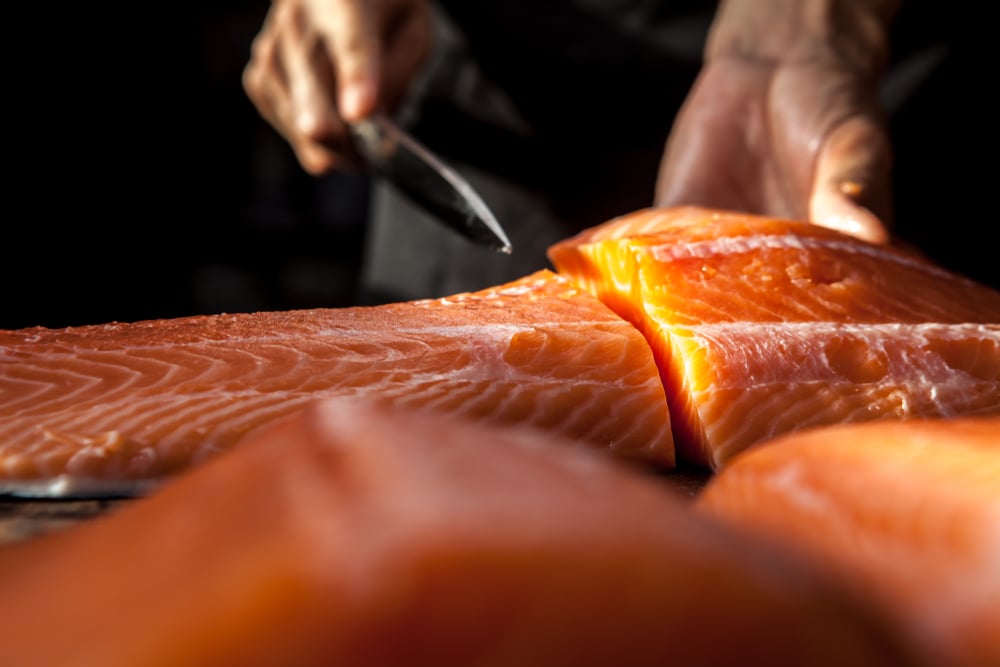
4. Salmon skin is inedible
Salmon skin is filled with nutrients, and it’s 100% edible! You can even find delicacies around the world made with crispy fried salmon skin, such as sushi rolls. The skin contains lots of omega-3 fatty acids, and it also protects the salmon from getting overly dried out or burnt when it’s being cooked. Many people love cooking salmon skin side up, which keeps fish moist.
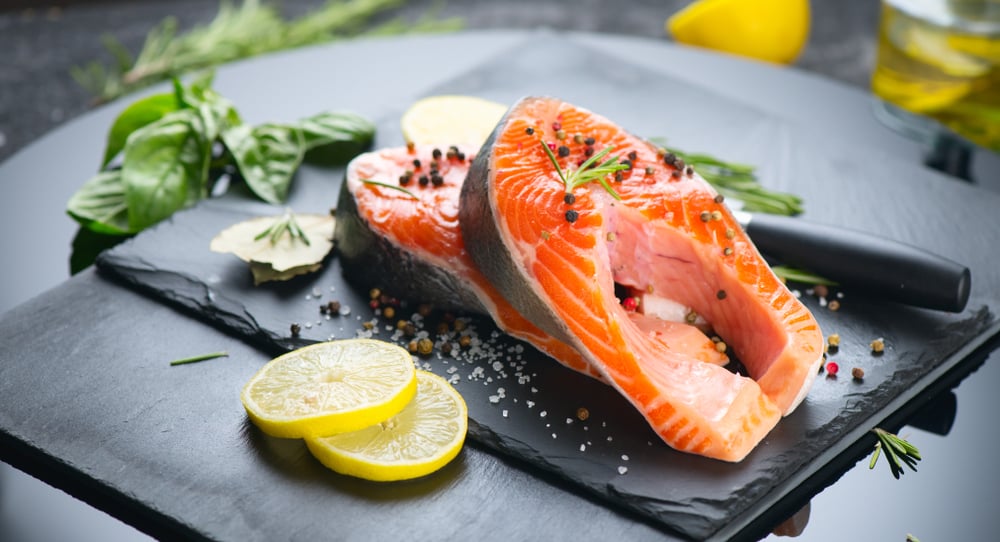
5. All salmon is the same
Don’t like salmon prepared one way? Then you probably haven’t had in its myriad of forms, including all the different ways it can be used in sushi or lox on a bagel with a myriad of toppings. If you have tried this fish and don’t love it, try it in some other form of preparation — each of them yields a completely different eating experience and flavor.
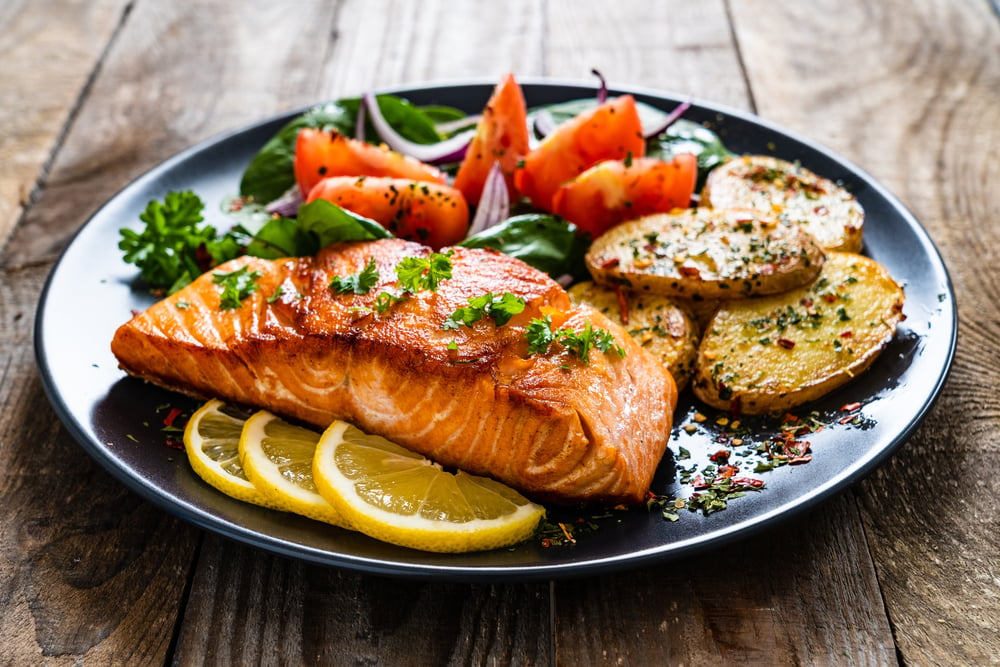
6. You need to scrape that white stuff off
Don’t freak out — the white stuff is totally normal. It’s called albumin, and no matter what kind of salmon you buy or order at a restaurant, it’s likely to show up. It’s just a white-colored protein, and it appears when muscle fibers of the salmon are heated and contract, pushing out the albumin. It’s naturally a part of the fish’s body and is safe for humans to consume, but cooking fish at a lower temperature can prevent this.
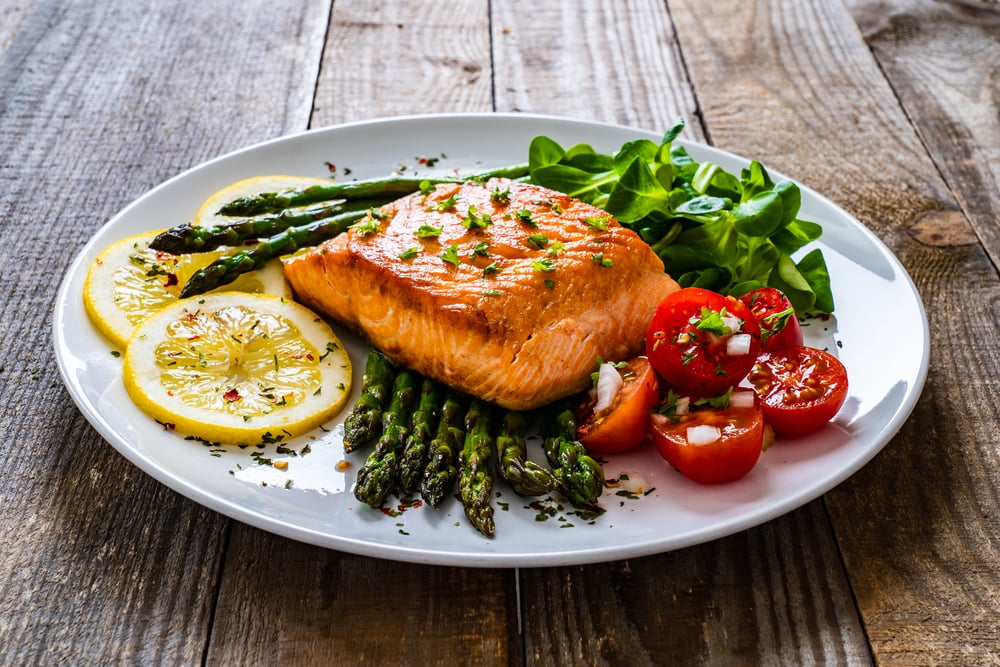
7. It’s an expensive fish
This is not an elite form of seafood! Sure, if you’re opting for some rare and wild salmon it might get pricey. But if you’re purchasing farm-raised salmon instead of sockeye or coho, it’s not too bad. Of course, with wild fish, the flavor is less diluted. Buying salmon in season can also help — you can freeze fresh filets for times when they’re more costly or unavailable. Canned salmon is also more affordable.
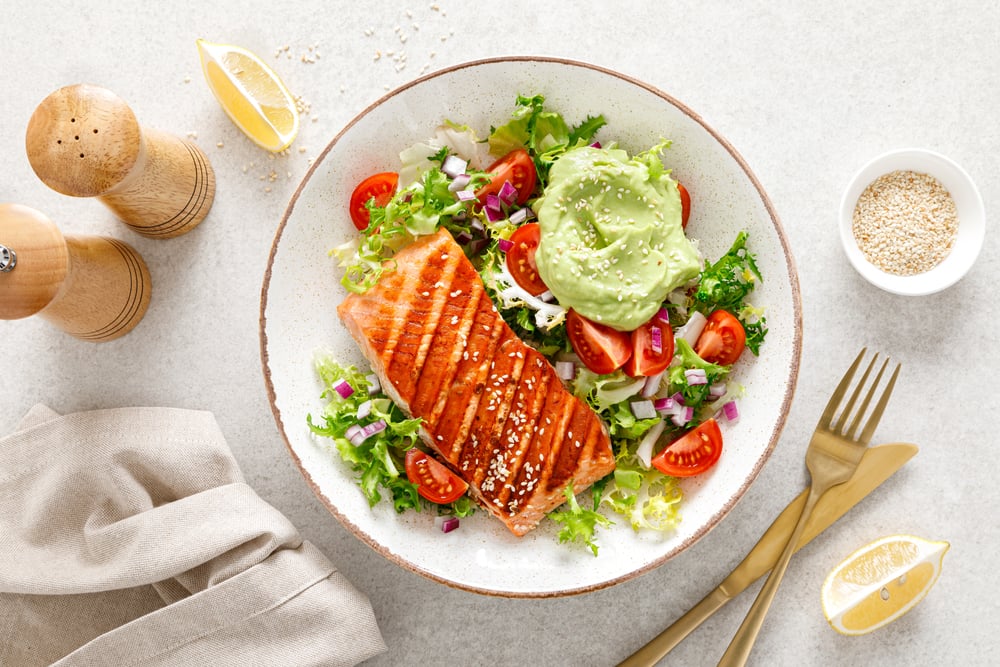
8. It’s difficult to cook
With all the different methods that you can cook salmon, it’s actually one of the easier fish to cook. Bake it in foal, poach it, or grill it — the high-fat content makes this fish more forgiving, so even if it’s overdone a bit, it won’t be destroyed.
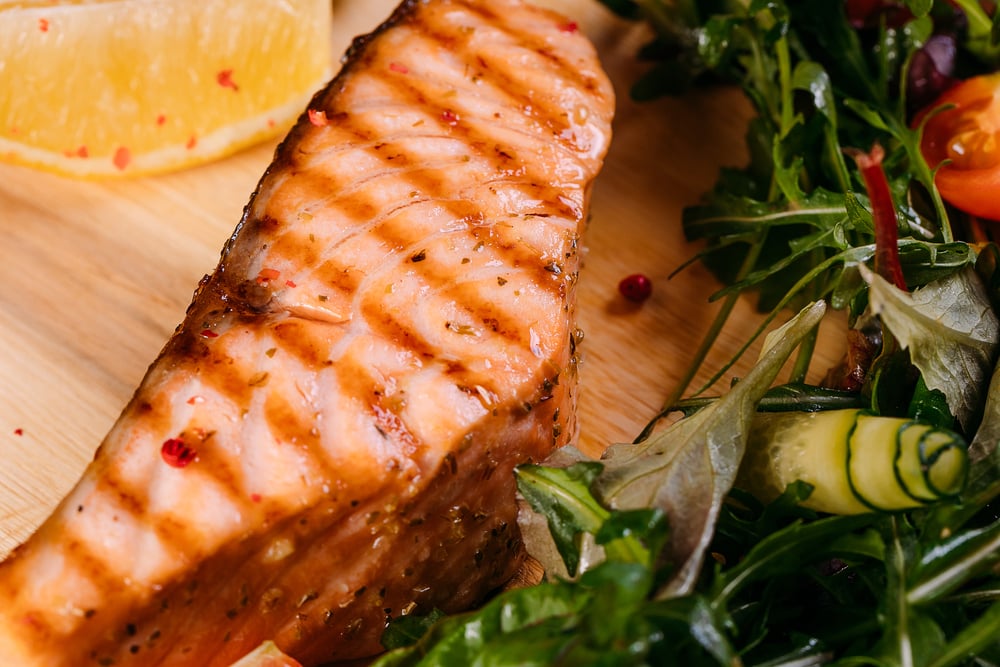
9. Farmed salmon is bad for you
If raised sustainably, Atlantic salmon that’s farmed shouldn’t use chemicals or antibiotics. It is an incredibly popular fish, and wild populations can’t keep up. Rather than putting those specimens into extinction, farmed salmon with ethical and eco-friendly practices are a great alternative.
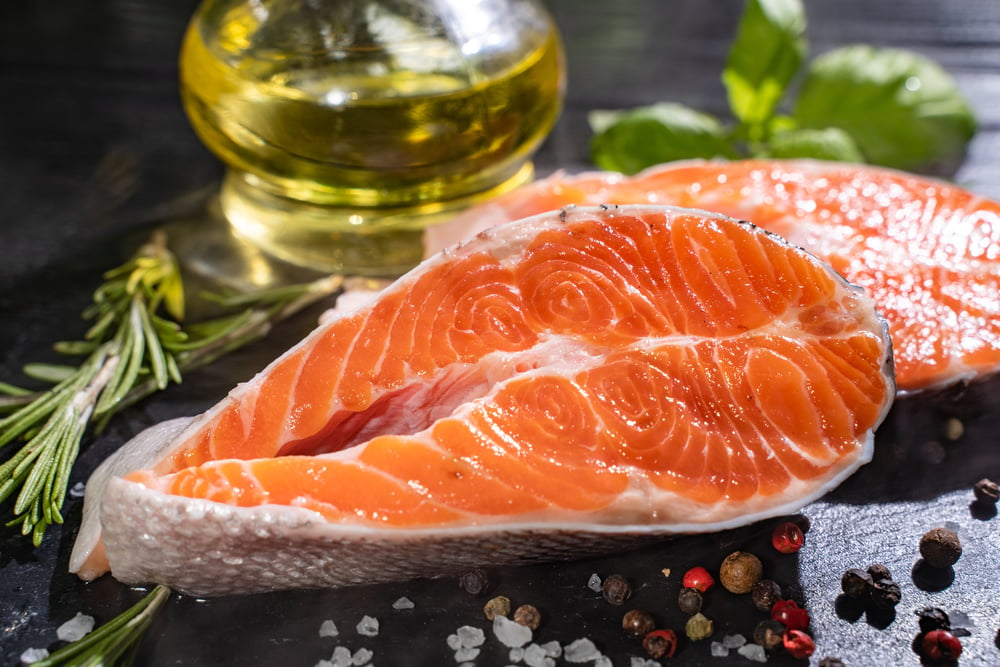
10. Cooked salmon isn’t as healthy
Cooking salmon can actually be healthier. If you’re worried about killing nutrients, cook it at a low temperature. But raw salmon can actually potentially cause you to consume a dangerous bacteria or parasite. Of course, this is different with sushi salmon, which is required to be sashimi-grade and which can often be bought at a higher price point.
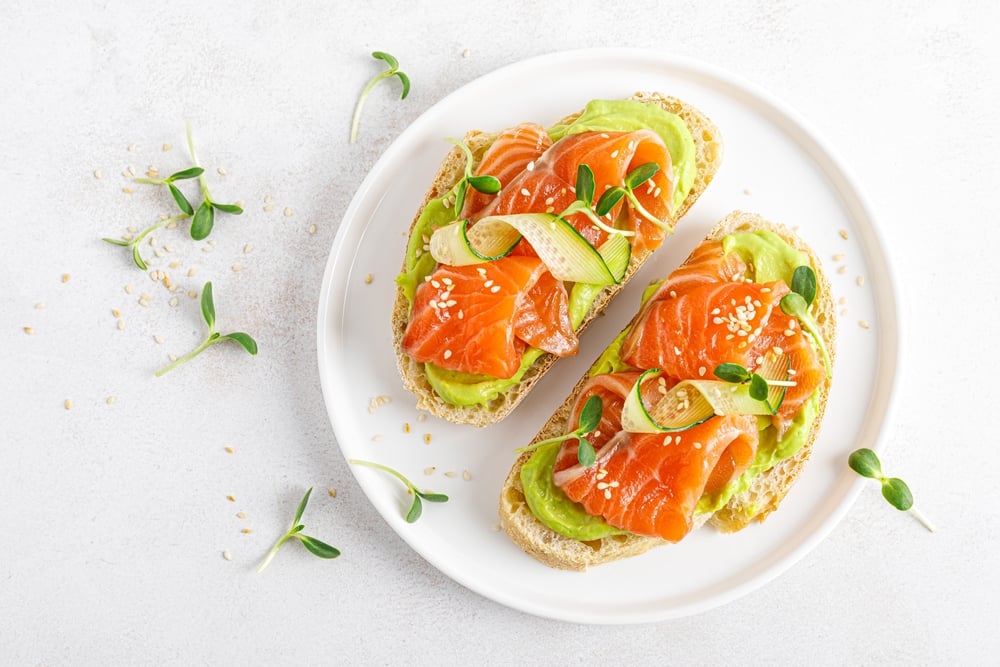
11. Frozen salmon isn’t as nutritious
Just like frozen fruits and veggies, salmon is frozen at its peak of nutrition. In that sense, frozen salmon might be the healthiest variety that you can get. Often, “fresh’ fish is pre-frozen and thawed out unless it’s being directly purchased from a fishmonger off the boat. High-fat fish can be frozen well without impacting taste.
